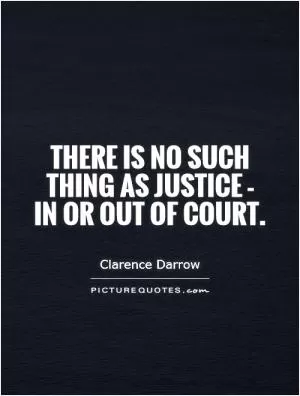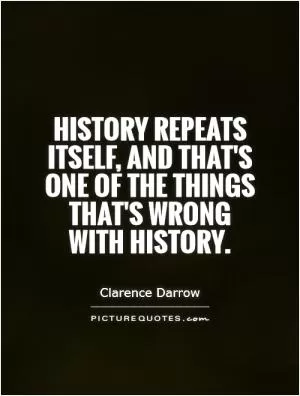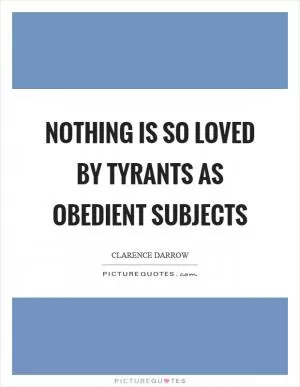All men do the best they can. But none meet life honestly and few heroically

All men do the best they can. But none meet life honestly and few heroically
Clarence Darrow, the renowned American lawyer and civil libertarian, was a man who embodied the complexities of human nature. Known for his fierce advocacy for social justice and his unwavering commitment to defending the underprivileged, Darrow was a figure who straddled the line between heroism and moral ambiguity.The quote, “All men do the best they can. But none meet life honestly and few heroically,” can be seen as a reflection of Darrow’s own life and career. On one hand, Darrow was a champion of the oppressed, using his legal skills to fight against injustice and inequality. He famously defended labor activists, anarchists, and individuals accused of heinous crimes, often taking on cases that others deemed unwinnable. In this sense, Darrow can be seen as a hero, someone who stood up for what he believed in and fought tirelessly for the rights of others.
However, Darrow was also a deeply flawed individual, prone to bouts of depression and self-doubt. He struggled with his own demons, including a tumultuous personal life and a reputation for being abrasive and confrontational. Darrow’s belief in the inherent fallibility of human nature is evident in his famous quote, “I have never killed anyone, but I have read some obituary notices with great satisfaction.” This dark humor and cynicism reveal a man who was all too aware of the shortcomings of humanity, including his own.
In the context of Darrow’s life and work, the quote can be interpreted as a commentary on the complexities of human nature. While Darrow may have strived to do the best he could in his pursuit of justice, he was not immune to the moral compromises and ethical dilemmas that come with the territory. Like all men, Darrow was a product of his time and his circumstances, shaped by the forces of history and the limitations of his own humanity.












 Friendship Quotes
Friendship Quotes Love Quotes
Love Quotes Life Quotes
Life Quotes Funny Quotes
Funny Quotes Motivational Quotes
Motivational Quotes Inspirational Quotes
Inspirational Quotes